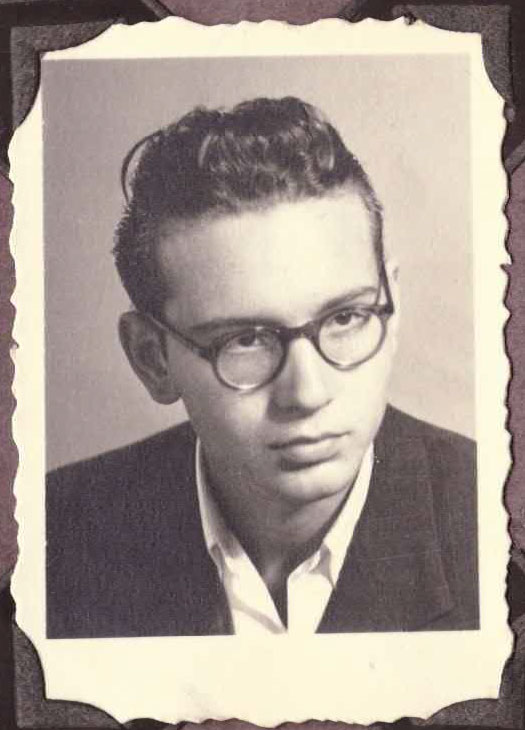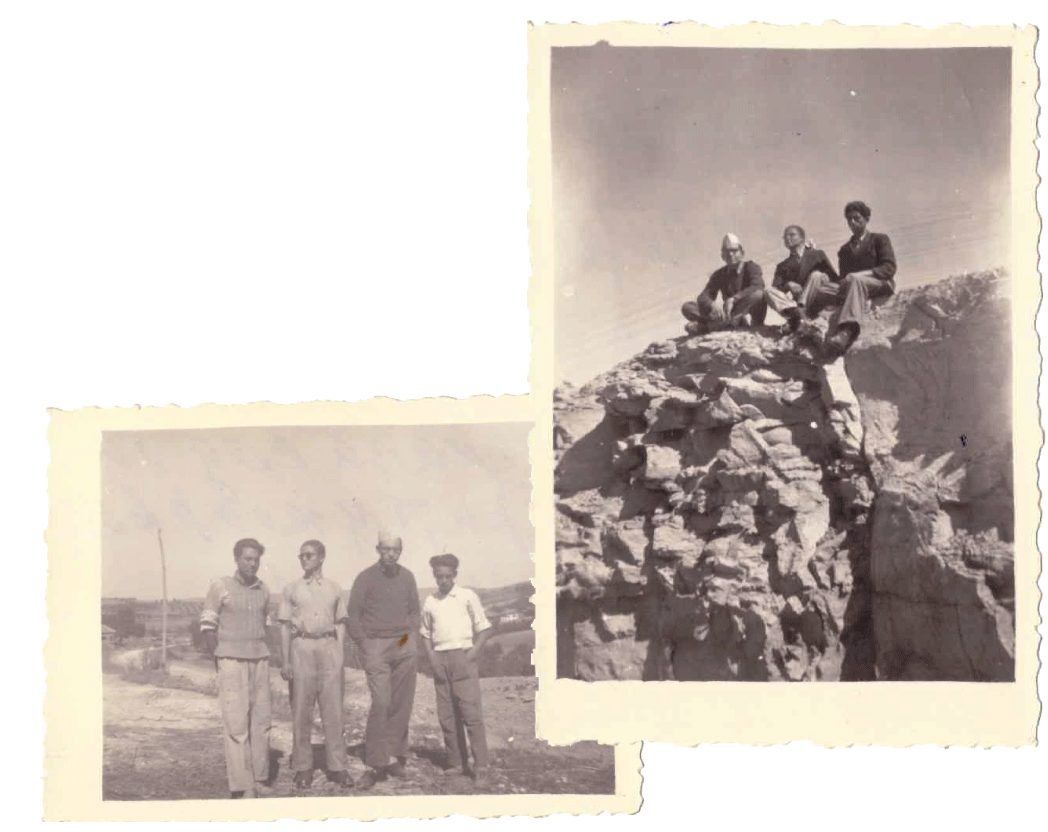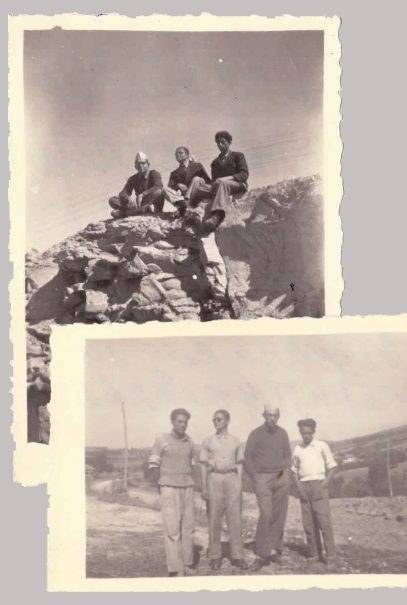Son of a provincial governor in the Kingdom
of Bulgaria. Spent 9 months in the Belene camp.

The camps were one of the most powerful factors for creating the phenomenon which the more courageous dissidents called “homo sovieticus” – a creature that has either forgotten what its natural human rights are, or it never learned that it had such rights.
Nikola Daskalov was born on 08 September 1934. His father, Dimitar Daskalov, was a provincial governor of Plovdiv. After the communists came to power, his father was arrested, manhandled and subsequently sentenced to death by the Communist People's Court. He was shot on 10 February 1945.
In 1948, together with classmates of his, Nikola decided to join the anti-communist resistance movement in the mountains (the Goryani movement). The mother of one of his classmates turned them over to the authorities after reading her son’s farewell letter. During the arrest, the authorities seized Nikola’s diary where they found his writings against the regime and Georgi Dimitrov. Nikola was nevertheless released, but soon after he was resettled from Sofia together with his mother in 1949. The two settled in the home village of his father – Brestnitsa, near Teteven. Nikola studied at the high school in Yablanitsa. In high school, the communist authorities continued to monitor Nikola. They sent provocateurs who tried to trick him into taking part in a conspiracy to blow up a bridge, as well as another one to flee abroad. At that time, he was expelled from the People's Youth Union (a youth communist organization) as an enemy and for improper conduct/ because he behaved indecently (he laughed) during the readings of scholarly papers.
In 1952, while waiting for the bus to Brestnitsa in Teteven, Nikola was arrested because of the same conspiracies that the provocateurs tried to recruit him for earlier. He was sent to the communist camp for forced labor in Belene.
The camps were one of the most powerful factors for creating the phenomenon which the more courageous dissidents called “homo sovieticus” – a creature that has either forgotten what its natural human rights are, or it never learned that it had such rights.
Nikola spent about 9 months in the camp.
After his release, Nikola worked as a bricklayer, tinsmith, stonemason, rubber pressor, professional driver, and eventually as a photographer. He took up photography alongside his future wife who studied journalism at the time.
Of his time in the camp and life under the totalitarian communist regime, Nikola says:
“When my daughter was born and about the time she was 4-5 years old, I felt a big dilemma form in me – should I say nothing on the society topic and let my child be brainwashed and become a half-idiot by participating in the pioneer movement, the Komsomol [the Leninist Young Communist League], you name them. Or should I start opening her eyes, in which case I would put her at risk? Being a child, she would tell others what she learned from me and she would ruin her life. And as I was wondering, at the time when she was 8 years old, she asked me the following question “Is it true that we don’t need this subway system, but the Russians are making us build it?” I asked her, “How do you know these things?”. And she said, “Well, kids outside talk about it.” I told her, “Slavena, I will now tell you what the situation is, however, you shouldn’t talk about this much as you would be in trouble.” And she exclaimed, “Ah, father, I know what should be said at school and what should be said in front of strangers!" – Half of me was extremely satisfied. And at the same time, I was horrified. This regime had already turned an eight-year-old child into a perfect hypocrite, into a double-dealer.”
… communism is so paradoxical that it is not possible to describe it fully… It is difficult to decide what to talk about and what to put aside as non-essential.
You can find out more about Nikola and his memories of the communist regime and Belene camp by scrolling up and asking him a question.
There Are No Oases In The Red Desert by Nikola Daskalov – Ciela Publishers, 2014; the website https://comdos.bg ; interview from the “Oral archive” of the Institute for History of the Recent Past”; photo story “Histories from Belene” available at:
… communism is so paradoxical that it is not possible to describe it fully… It is difficult to decide what to talk about and what to put aside as non-essential.


4 years and 4 months in labor camps
Offense: anarchist
9 months under arrest and in a camp
Offense: son of a provincial governor in the Kingdom of Bulgaria
42 days in camp "Sunny Beach" near Lovech
Offense: "hooligan", son of a member of the opposition
9 months under arrest and in a camp
Offense: an attempt to escape from Bulgaria
2.5 years under arrest and in a camp
Offense: participant in the anti-communist resistance
3 years under arrest, in a camp and prisons Offense: Agrarian, member of the opposition
3 years and 1 month under arrest and in and political prison
Offense: participant in the anti-communist resistance
През 1964 г. наред с политически затворници, Жеко Стоянов е амнистиран и освободен от старозагорския затвор. Налага се да се препитава с тежък физически труд – хамалин, бояджия, миньор. В продължение на 22 години работи в подземните рудници.
След промените в България през 1989 г. Жеко Стоянов става част от политическия живот, а през 1997 г. е избран за народен представител от Обединените демократични сили (ОДС). На 60 годишна възраст се дипломира като икономист.
През целия си живот той остава символ на съпротивата срещу репресивния режим и на непреклонния дух за свобода.
Four years in camps and in forced resettlement
Offence: possession of Turkish music and literature




